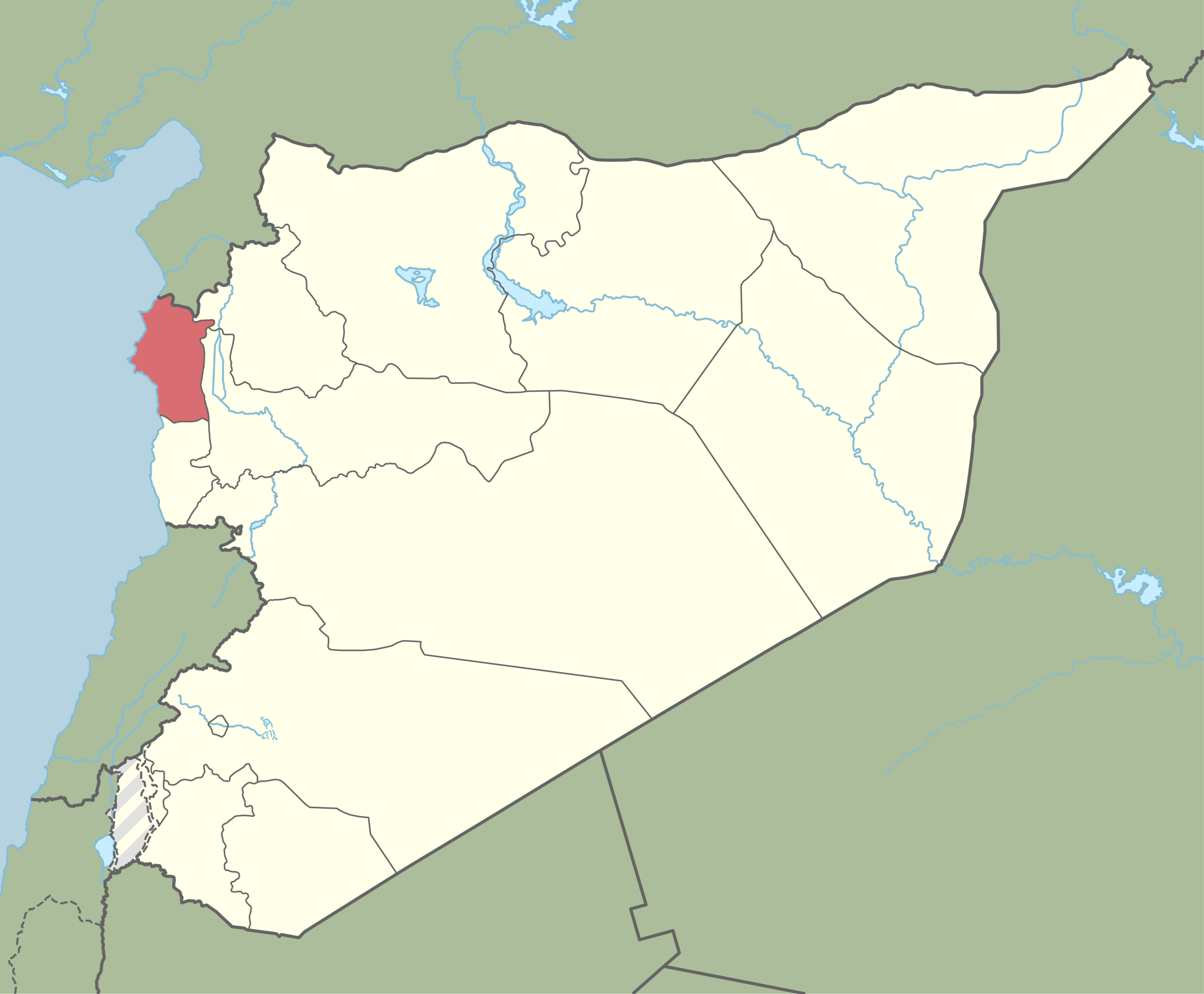When wildfires swept toward the hills of Qastal Ma‘af in Latakia, Ahmad al-Safi and his neighbors grabbed buckets and hoses, racing to protect their olive groves and citrus orchards.
The 32-year-old farmer had only just rebuilt his war-damaged home with borrowed money, but like the rest of the village, he joined the overnight fight to save their fields, long before any official help arrived.
“We faced the fires in the first hours by ourselves,” al-Safi told Shareable. “Today, however, we’re back to square zero. We depend entirely on agriculture for our livelihood.”
Hundreds of farmers like al-Safi joined the fight as wildfires in July and August scorched about 15,000 hectares of forest and farmland across northern Latakia Province, including Jabal al-Turkmen, Kasab, and al-Badrusiyah, displacing more than 1,150 people and destroying dozens of homes. Many of the families had only recently returned after years of war.
As official efforts faltered, amid aging equipment and crumbling infrastructure, Syrian civil society moved quickly to support the afflicted farmers, forming emergency networks that sent hundreds of volunteers into the fire zones to deliver supplies and support where government services could not reach.
Latakia Province, Syria, highlighted in red. Edited map credit: Karte: NordNordWest, Lizenz: Creative Commons by-sa-3.0 de, CC BY-SA 3.0 DE, via Wikimedia Commons
“Everyone transcended division.”
Activist Waad Hamawi, working with 20 volunteers who had previously collaborated on refugee relief and earthquake response, said that within hours of the news, hundreds of volunteers participated directly in extinguishing fires and helping civil defense personnel.
“We received calls from donors and volunteers from all segments and classes of society. Syria hasn’t witnessed such solidarity in many years. Everyone transcended division.”
The group transported more than 10 water tankers donated by citizens and secured temporary housing for 22 families, including space in a local church and private homes offered by residents.
Another initiative, “Be a Helper,” arranged food baskets and hygiene materials for more than 150 families and established a local donation fund for home repairs.
Syrians for Freedom, one of many groups that aided in the response, focused on supporting firefighters, delivering food, medicine, and blankets from Latakia city while forming volunteer chains across villages to identify and meet needs.
“The main problem was how to reach the mountaintop, the first line of confrontation with the fires,” ِAhmed Hatem, a member of the initiative, explained. “The terrain was extremely rugged and complex, and constant worry about the remnants of war made movement very dangerous.”
That danger is rooted in more than a decade of conflict. Beginning with peaceful protests in 2011 and escalating into a devastating


